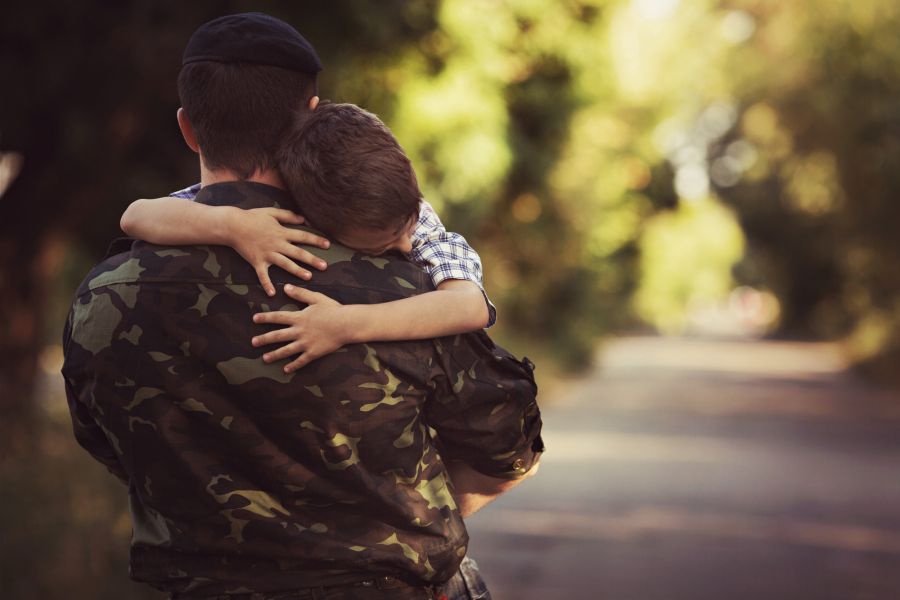Page content
Impact
This case study shows how research on education and peacebuilding at Ulster University’s UNESCO Centre has made a direct and significant impact on the way that UNICEF and global actors analyse, plan and implement education for peacebuilding policy and practice in situations of conflict.
- Influenced and informed UNICEF’s education provision of access to conflict-sensitive education for 710,834 children and 16,179 adolescents and youth across 14 conflict-affected countries; `
- Influenced and informed national education ministers’ policy development and planning in countries affected by conflict;
- Influenced and informed international organisations and practitioners in the field (British Council, DFID and Oxfam IBIS (Denmark).

Initial research for UNICEF led UNESCO Centre in the School of Education at Ulster to challenge the UN’s approach to ‘liberal peacebuilding’, which prioritises investment in security, democratisation and economic reforms, but under- estimates the importance of social services, including the provision of education.
The research made a case for earlier and greater investment in education as part of conflict transformation in terms of its contribution to:
- the protection of children and creation of safe learning spaces;
- changes to the governance and administration of education that support peacebuilding; and
- education reforms that address inequalities and grievances such as inequitable access to education, language of instruction policies and exclusion of minorities and disadvantaged groups.

- PBEA Programme Manager, UNICEF, New York confirming the influential role and impact of Ulster’s research on education and peacebuilding.
- UNICEF Evaluation Office (2015) Evaluation of UNICEF’s Peacebuilding, Education and Advocacy Programme (PBEA).
UNICEF (2018) Learning for Peace: Narratives from the Field. New York Early Childhood Peace Consortium. - Contributions of Early Childhood Development Programming to Sustainable Peace and Development. (2018) New York: Early Childhood Peace Consortium. (pp.17-19).
- UNICEF (2016) Report on the Pan-African Symposium on Education, Resilience and Social Cohesion: Strengthening education policies and programmes to achieve SDGs and Africa’s Agenda 2063.
- UNESCO, UNICEF, The World Bank and the Global Partnership for Education (2021) Education Sector Analysis Methodological Guidelines: Volume 3 (publication delayed due to COVID-19 pandemic) – final draft available highlighting the influence of Smith’s publications and references to 4Rs.
- British Council (2019) Teaching for Peace: Education in conflict and recovery.
- Contribution to UK DFID staff professional development programme on the role of education in peace and stability (10 Sept 2019)
- Email from DFID Education Adviser, British Embassy, Rabat confirming use of 4Rs for education programming in Algeria, Morocco and Tunisia (Oct 2019).
- Statement from Senior Programme Advisor, Oxfam IBIS re application of framework to country planning, supplied by Oxfam IBIS (March 2019).
Contributors
- Professor Alan Smith
- Dr Alan McCully
- Dr Simone Datzberger
- Dr Caroline Marks
- Dr Kelsey Shanks
- Christine Ellison



















